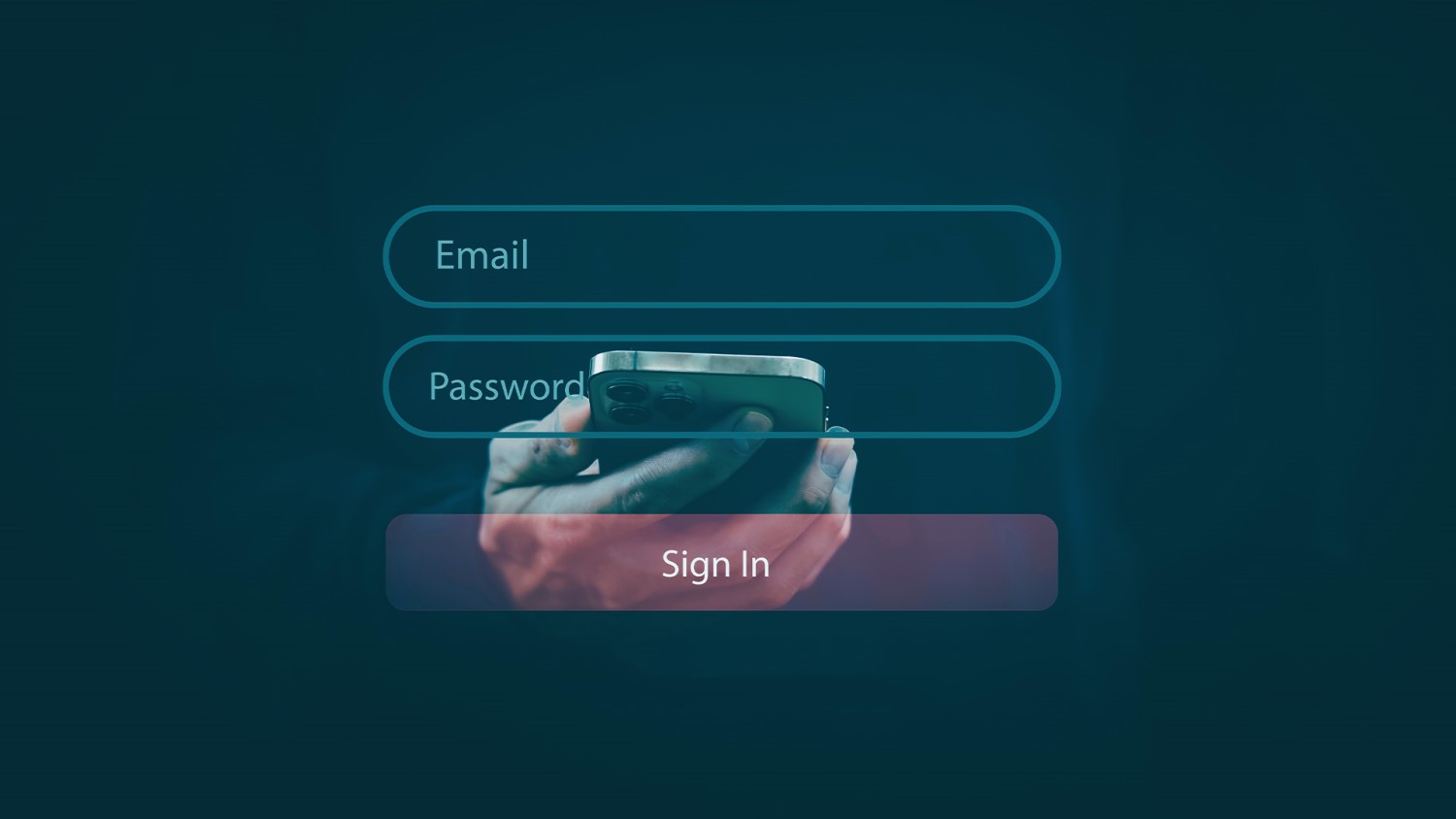The use of social logins for online accounts has become a popular and convenient way for users to access various websites and apps without the need to create and remember a multitude of account credentials. By using their Google, Facebook, or other major tech company credentials, users can quickly and easily sign up and log into different online services. However, while the convenience of social logins is undeniable, there are significant trade-offs when it comes to security and privacy.
Single Sign-On (SSO), also known as social login, is a method that allows users to access multiple online services using a single set of credentials from a major tech platform. This streamlines the registration and login process, eliminating the need to create separate accounts and passwords for each service. This ease of access benefits both users and online services, as it simplifies the user experience and increases user acquisition for the services.
Furthermore, SSO can also reduce the risk of self-inflicted account compromises, as users only need to remember and secure the password for their primary account with the major tech platform. This can be especially beneficial for individuals who struggle with managing multiple passwords or who rely on insecure methods of password storage.
However, the convenience of social logins does come with some drawbacks. One of the most significant risks is that if a user’s social login credentials are compromised, it can grant unauthorized access to all of the websites and apps linked to that account. Additionally, users may unknowingly consent to sharing more personal information with third-party websites when using social logins, raising privacy concerns.
To mitigate these risks, it is important for users to exercise caution when using social logins. Implementing two-factor authentication (2FA) on the primary account is essential for adding an extra layer of security. Furthermore, users should carefully manage the third-party apps and websites linked to their social login accounts to maintain control over their data.
In cases where sensitive personal information such as banking details or credit card numbers is involved, it is advisable to opt for standalone accounts with strong, unique passwords and additional security measures like 2FA. Users can also consider using alternative methods such as password managers or disposable email addresses for less critical online services.
Ultimately, the decision to use social logins should be based on an individual’s specific security and privacy needs. While social logins offer undeniable convenience, users must weigh the benefits against the potential risks and take steps to safeguard their personal information and online accounts. By following best practices for cybersecurity and staying informed about their digital footprint, users can strike a balance between security and convenience in their online activities.


